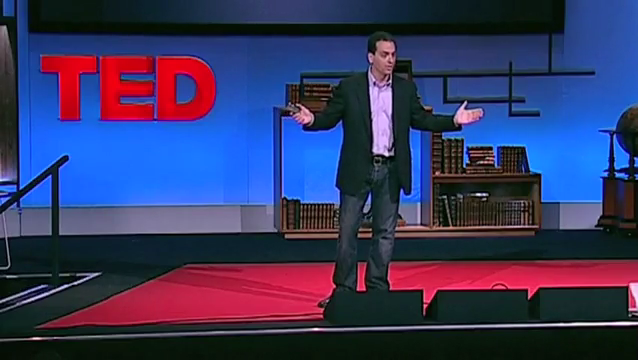www.ted.com/talks/dan_pink_on_motivation/transcript?language=en
The following is a summary of Dan Pink’s TED talk and contains extensive quotes and paraphrasing:
The THEORY of incentives is that if you want people to perform better, you reward them. Bonuses, commissions, etc. The reality is that research has shown conclusively that incentives work very well for low level, grunt, routine tasks BUT experiments have repeatedly demonstrated that for CREATIVE tasks, incentives BACKFIRE. Incentive programs designed to sharpen thinking and accelerate creativity frequently do just the opposite: dulls thinking and blocks creativity.
4:33These experiments are NOT an aberration. They has been replicated over and over and over again, for nearly 40 years. Contingent motivators — if you do this, then you get that — work in some circumstances. But for a lot of tasks, they actually either don’t work or, often, they do harm. This is one of the most robust findings in social science, and also one of the most ignored. Based upon research conducted by economists from MIT, from Carnegie Mellon, from the University of Chicago AND sponsored the Federal Reserve Bank of the United States. London School of Economics (alma mater of 11 Nobel Laureates in economics): “We find that financial incentives can result in a negative impact on overall performance.”
5:04There is HUGE mismatch between what science knows and what business does. And what’s alarming here is that our business operating system — think of the set of assumptions and protocols beneath our businesses, how we motivate people, how we apply our human resources — it’s built entirely around these extrinsic motivators, around carrots and sticks. That’s actually fine for many kinds of 20th century tasks. But for 21st century tasks, that mechanistic, reward-and-punishment approach doesn’t work, often doesn’t work, and often does harm.
If-then rewards work really well for those sorts of tasks, where there is a simple set of rules and a clear destination to go to. Rewards, by their very nature, narrow our focus, concentrate the mind; that’s why they work in so many cases. And so, for tasks like this, a narrow focus, where you just see the goal right there, zoom straight ahead to it, they work really well. But in real life, the easy stuff has been done, the routine stuff is out sourced or automated, done by machines and computers. What really matters are the more right-brained creative, conceptual kinds of abilities. The needed solutions are now on the periphery. You want to be looking around. That reward actually narrows our focus and restricts our possibility.
In the 20th century, we came up with this idea of management. Management did not emanate from nature. Management is like — it’s not a tree, it’s a television set. Okay? Somebody invented it. And it doesn’t mean it’s going to work forever. Management is great. Traditional notions of management are great if you want compliance. But if you want engagement, self-direction works better.
7:03The problems we face: do they have a clear set of rules, and a single solution? No. The rules are mystifying. The solution, if it exists at all, is surprising and not obvious. As long as the task involved only mechanical skill bonuses worked as they would be expected: the higher the pay, the better the performance. Okay? But one the task called for even rudimentary cognitive skill, a larger reward led to poorer performance. Too many organizations are making their decisions, their policies about talent and people, based on assumptions that are outdated, unexamined, and rooted more in folklore than in science. To revitalize our economy, we get past this lazy, dangerous, ideology of carrots and sticks.
11:32SOLUTION: Get money off table, pay adequately & fairly then organize around the desire to do things – because they matter, – because we like it, – because they’re interesting, Motivate by Self-Direction- autonomy: the urge to direct our own lives.– mastery: the desire to get better and better at something that matters.– purpose. The yearning to do what we do in the service of something larger than ourselves.
Closing NSC Thoughts and a Caveat: Self Direction sounds simple and it is BUT it is far from easy. Thinking and working outside the box requires an in-depth understanding of why the box was created in the first place. Every rule, every regulation, every policy is in place because at some point a bad thing happened and someone wanted to make sure it never happened again. The trouble is at some point, so many rules and regulations exist that gridlock sets in. Plus the world changes and many old, well intentioned rules are no longer applicable. The WORST thing you can do is willy nilly instantly remove ALL rules and regulations and substitute blind, naïve (stupid?) ‘trust’. Chaos results, rules come slamming back in place and command & control mentalities say “I Told You So!” Managing by Engagement/Self Direction is often implemented gradually, organically growing over time, small steps, success (and the occasional learning experience) building upon success.
As always, I share what I most want/need to learn. – Nathan S. Collier



0 Comments